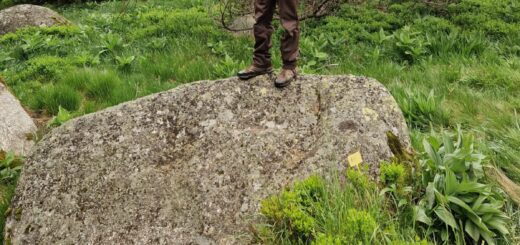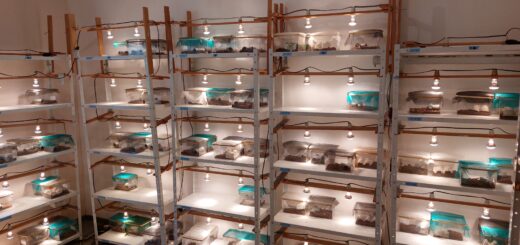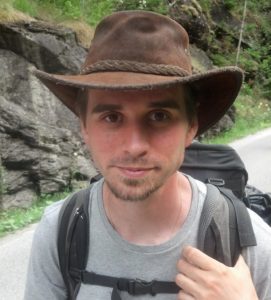Fieldwork this year was cold… and delayed!
This summer was the occasion to perform my first full field season, doing a survey of common lizard populations in the Cévennes. The lizards are captured during June. The individuals are then released immediately after measurement, except for pregnant females which are brought back to the laboratory in Villefort, until they give birth in July. Females and their juveniles are then released at the point of capture. The captures went very well (despite the rainy weather) thanks to the help of Jean Clobert and 3 motivated and efficient interns. We were thus able to bring back around a hundred females to our laboratory.
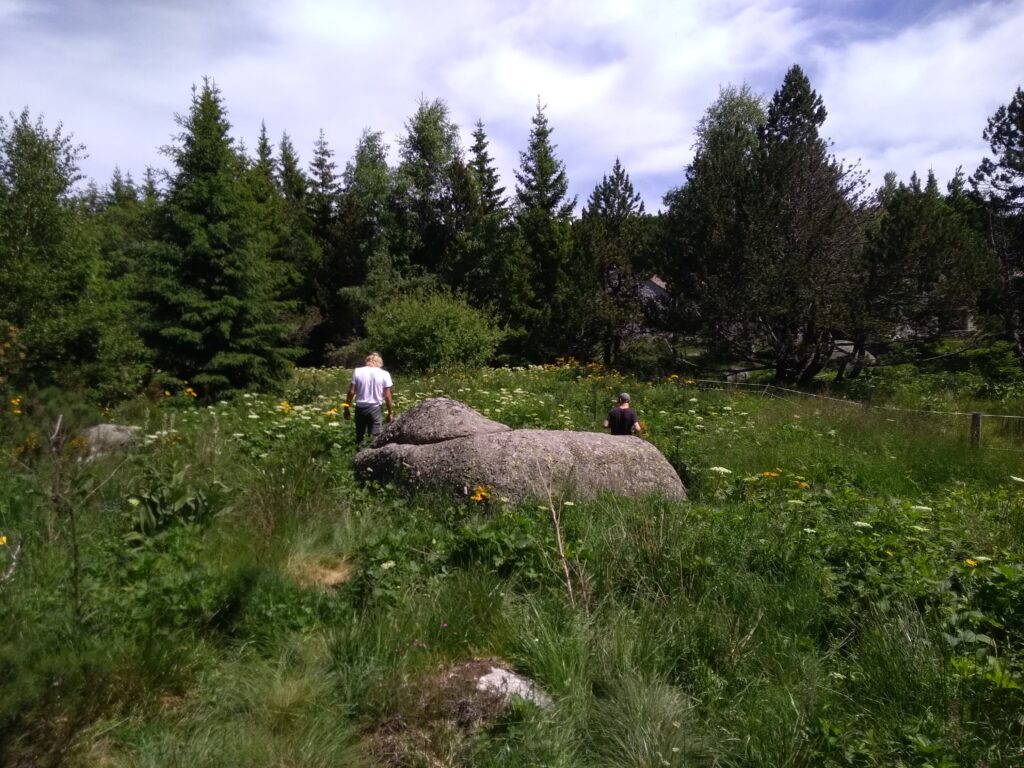
But, but… While a few parts of the world reached very impressive records, French weather has been rather strange this year: May was particularly cold and was followed by a somewhat hot, but mostly rainy June, and a a July both cold and rainy… As a result of this weather (particularly May?), the birth peak was delayed by a week or two, compared to the recent years. I had to put off my departure from the field, and finish the handling the births without the help of my precious interns!
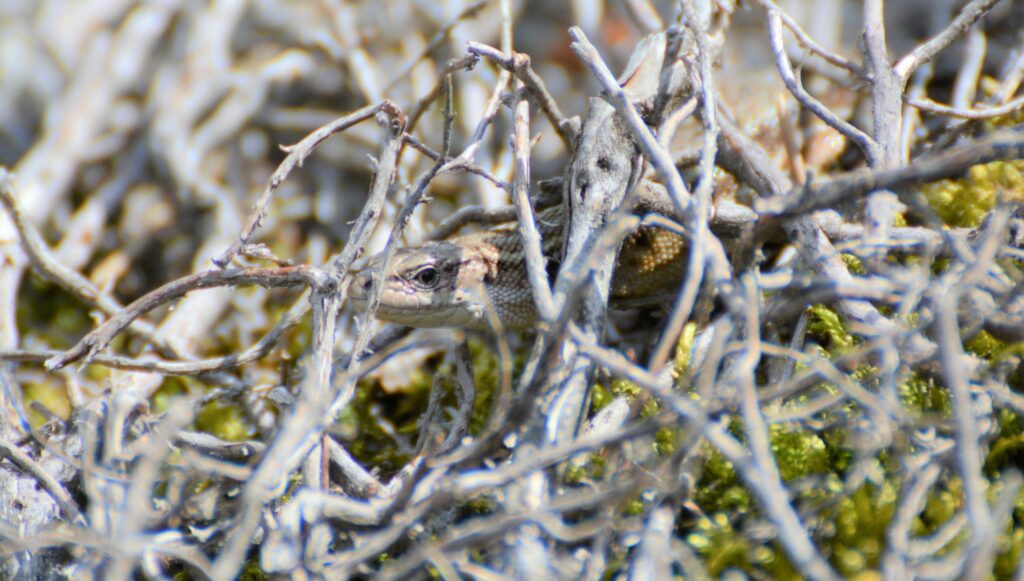
The link between weather conditions and the date of birth is a classic and well known fact. Living beings must constantly make adjustments about the timing of different aspects of their life cycle: a biological aspect referred to as phenology. And the breeding date every year (for temperate species) is one of the most important aspects of phenology, because it strongly conditions the “productivity” of the reproduction event. Incidentally, fluctuations of the breeding date was the subject of my last article.
The somewhat special episode of a (historically not so) cool summer is likely to become increasingly rare with climate change, and the question arises as to the capacity of ectothermic species such as our common lizards to modify their phenology in relation to warmer and probably also rainier breeding seasons. This is the subject that Théo Bodineau will be working on, and he will start his Ph.D. next October, with me and Sandrine Meylan, in collaboration with Jean-François Le Galliard.

